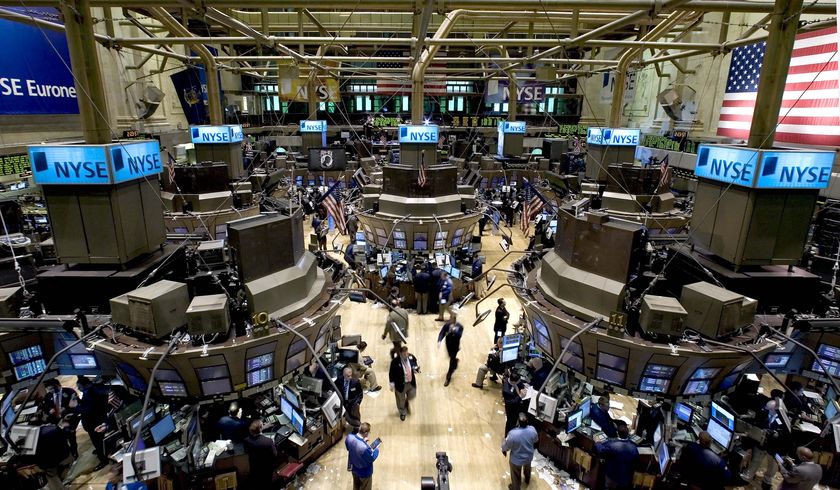
U.S. Stock Market
In the October 15. 2014 article “U.S.
Stock Market Plunges” the Judiciary Report stated the Ebola
cases that surfaced in America caused the stock market to sharply
plunge, “The Ebola
cases surfacing in America has also impacted the stock market
in a negative way.”
5-days after the Judiciary Report’s aforementioned
article, CNN published an article to their website, which ran on
television as well, proclaiming the exact same thing, “Fear has
returned to Wall Street this fall and at least some of the
heightened nervousness can be pinned on Ebola...But
Ebola has contributed to the
negative psychology that has sent
stock prices reeling this month.”
STORY SOURCE
Ebola is a fear factor for stock market
By Matt Egan @mattmegan5 October 20, 2014: 2:49 PM
ET - Fear has returned to Wall Street this fall and at least some of
the heightened nervousness can be pinned on Ebola. That's not to say
the deadly virus is the number one thing keeping investors awake at
night. There's concern about the global economy, deflation in
Europe, China's slowing growth and Federal Reserve policy. But Ebola
has contributed to the negative psychology that has sent stock
prices reeling this month.
Need proof? The chart below shows how the VIX
volatility index has spiked since the summer. At the same time, the
number of searches on Bloomberg terminals (a key resource for many
investors) for news related to the Ebola outbreak has also
skyrocketed. Of course, correlation doesn't imply causality, but
it's worth noting.
Ebola is "not by itself directly responsible for
everything, but it's obviously making things work," said Dan
Greenhaus, chief global strategist at BTIG. ebola volatility The VIX
volatility index has clearly been on the rise since July 1. So have
searches on Bloomberg terminals for news surrounding the Ebola
crisis.
Greenhaus, who published a similar chart in a note
to clients Sunday night, said he's noticed a change in how his
investor clients have reacted to the Ebola issue. "I saw the
progression from curiosity and sideshow to something a little more
paramount," he said. "In the context of everything else going on
from European weakness to Fed tapering, if you layer on top of that
whatever minor chance of a pandemic, you obviously have the recipe
for additional volatility."
Turbulence hits stocks: That volatility was on full
display last week. The Dow plummeted as much as 460 points on
October 15 amid a plethora of concerns, including Ebola, before
rebounding sharply. Two days later the Dow surged 263 points -- its
second best day of the entire year -- as Wall Street cheered strong
corporate report cards.
A sense of calm returned to Wall Street on Monday,
with most major U.S. markets climbing cautiously higher. The VIX
dropped 11%, putting it on track for a third consecutive down day.
There was positive news on the Ebola front as 43 people who were in
contact with Ebola patient Thomas Eric Duncan were officially
cleared…
The Ebola concerns are not universal among
investors. Greenhaus said he's noticed that clients who believe
there's a reason to be worried about Ebola are very concerned. But
he said those that aren't concerned believe it's a "sideshow, a
convenient excuse and stupid it would get brought up at all."
Volatile travel stocks: There's far less debate over
what kind of impact Ebola is having on certain corners of the travel
and pharmaceutical sectors of the stock market. Just look at the
bumpy ride airline investors are experiencing. Shares of Delta Air
Lines (DAL) and American Airlines (AAL) have retreated more than 15%
from their 52-week highs amid fears a wider Ebola crisis will scare
people away from flying.
Cruise operators like Carnival (CCL) and Royal
Caribbean (RCL) have also been hit, with their shares tumbling 12% a
piece over the past month. On the other hand, investors are betting
on which companies will be able to capitalize on Ebola. Shares of
Tekmira Pharmaceuticals (TKMR) and other drug makers working on
Ebola treatments have shot up in recent months. Lakeland Industries
(LAKE), which makes Hazmat suits, has skyrocketed 100% since
mid-September.